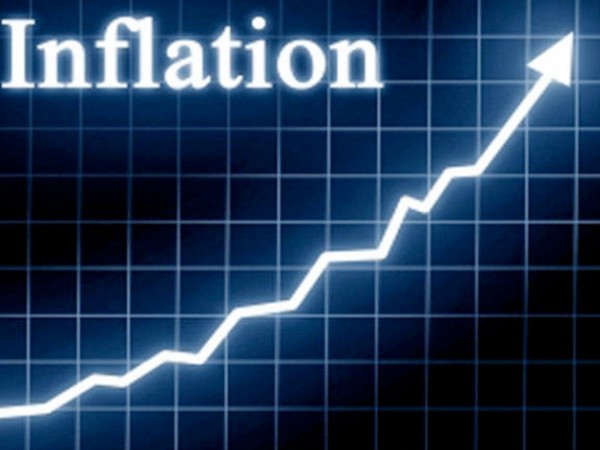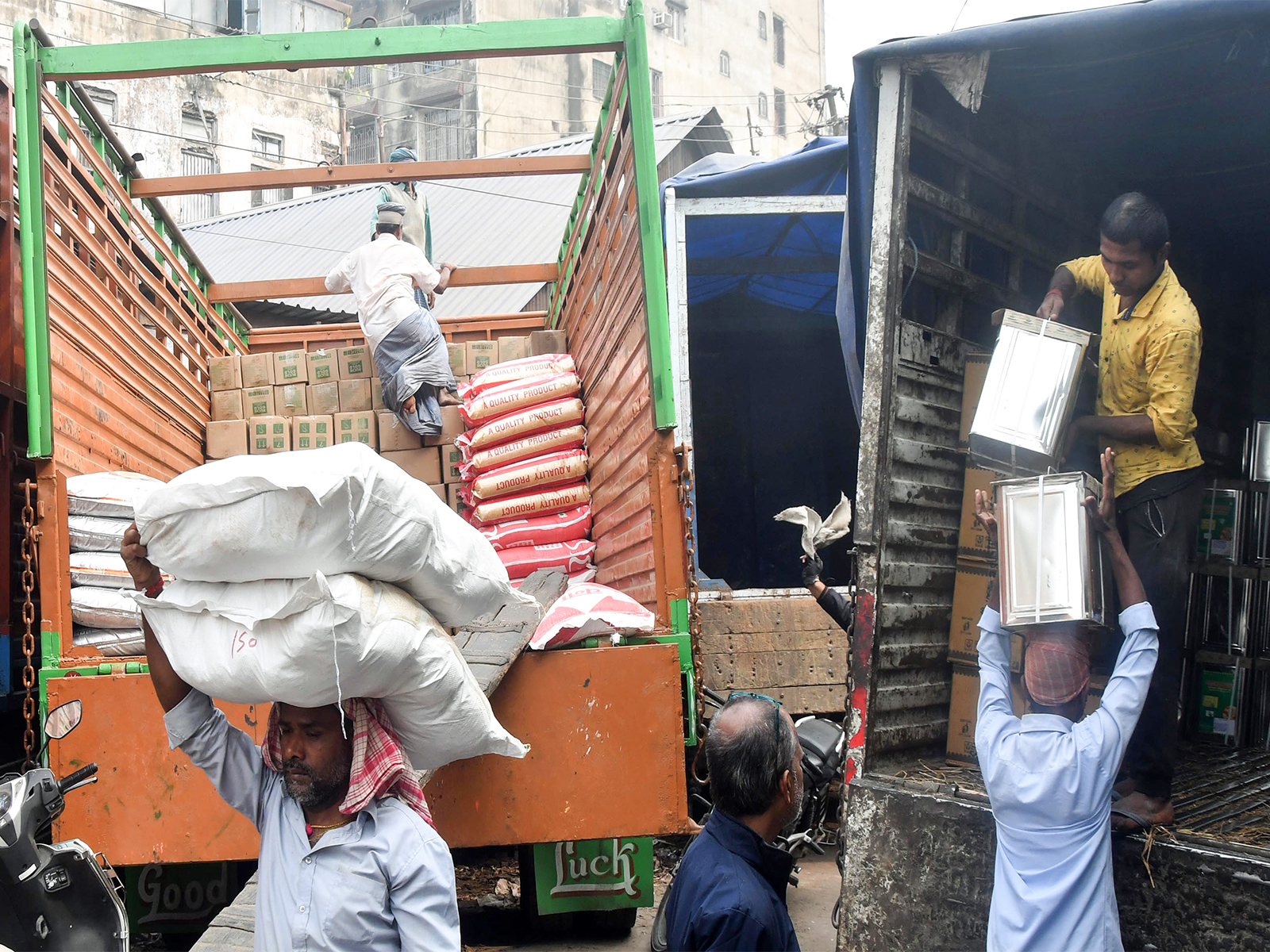Islamabad [Pakistan], July 6 (ANI): Following the introduction of the fiscal year 2024-25 budget, Pakistan has witnessed a notable rise in inflation, with the weekly inflation rate climbing by 1.28 per cent, as reported by ARY News.
According to the latest Pakistan Bureau of Statistics (PBS) weekly report, the annual inflation rate has surged to 23.59 per cent. The report highlights increases in prices for 29 essential items over the past week, while five items maintained stable prices and 17 experienced price reductions.
Notably, tomato prices soared by 70.77 per cent, surpassing PKR 200 per kilogram. Flour prices rose by 10.57 per cent, powdered milk by 8.90 per cent, diesel by 3.58 per cent, petrol by 2.88 per cent, and LPG by 1.63 per cent, according to the PBS.
Prices for chicken, pulses, and garlic also saw increases, while onion prices decreased by 9.05 per cent and potato prices by 1.04 per cent in the same period.
Earlier reports from July 1 indicated that the Consumer Price Index (CPI) inflation stood at 12.6 per cent year-on-year in June 2024, compared to 29.4 per cent in June the previous year. On a month-on-month basis, CPI inflation rose by 0.5 per cent in June 2024, contrasting with a 3.2 per cent decrease the previous month and a 0.3 per cent decrease in June 2023.
The Pakistani government on June 29 extended exemptions in specific sectors while announcing new tax measures in several areas to generate additional revenue in the coming fiscal year to meet the International Monetary Fund’s criteria.
The Pakistan Finance Minister announced the new measures in the National Assembly. These include introducing a capital value tax on property in Islamabad and implementing new tax measures on builders and developers, Pakistan’s local daily reported.
In an amendment to Finance Bill 2024, which was presented to the National Assembly on June 12, the government reduced the Petroleum Development Levy (PDL) on diesel and petrol from Pakistani Rupees (PKR) 80 to PKR 70 per litre but increased it from the existing PKR 60.
Despite opposition, exporters will pay the standard corporate tax rate of 29 per cent and a super tax where applicable. This is a significant change from the previous 1 per cent tax on export turnover, as per Dawn reports. Individuals (salaried and non-salaried) and associations of persons earning over PKR 10 million per year will be subject to a 10 per cent surcharge on their income tax.
In a deep economic crisis, Pakistan’s parliament recently passed a tax-heavy finance bill for the upcoming fiscal year amid ongoing negotiations for a new International Monetary Fund (IMF) bailout. (ANI)
Disclaimer: This story is auto-generated from a syndicated feed of ANI; only the image & headline may have been reworked by News Services Division of World News Network Inc Ltd and Palghar News and Pune News and World News
HINDI, MARATHI, GUJARATI, TAMIL, TELUGU, BENGALI, KANNADA, ORIYA, PUNJABI, URDU, MALAYALAM
For more details and packages
















